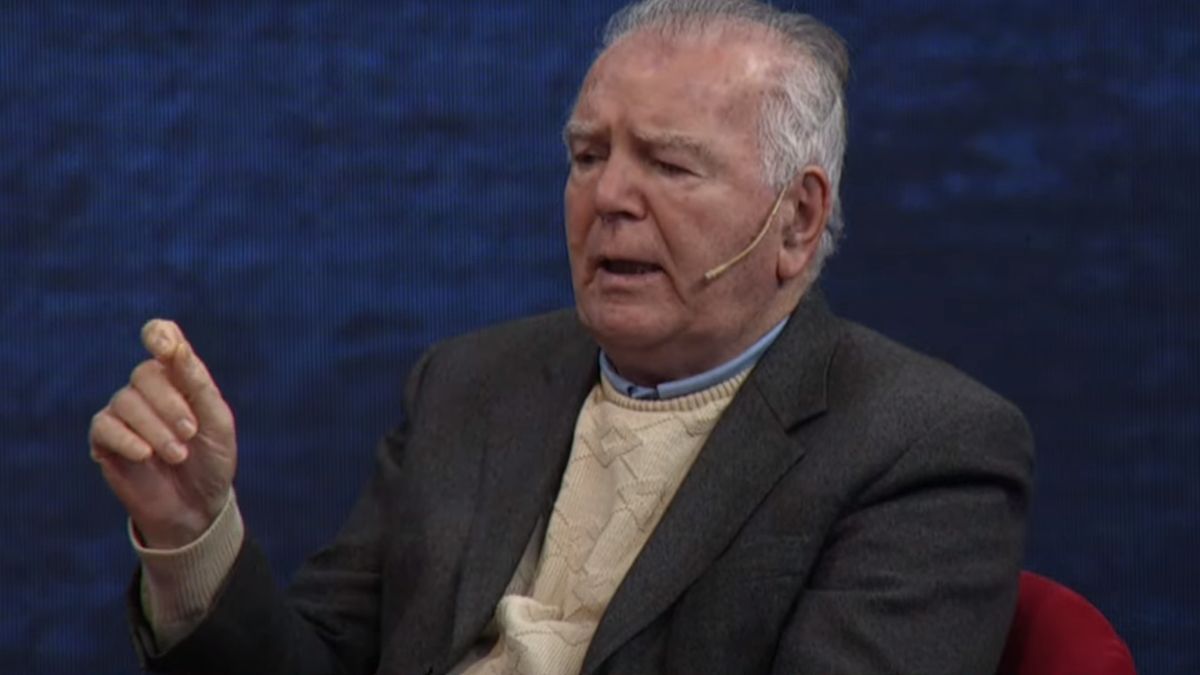I have been working in the news industry for over 6 years, first as a reporter and now as an editor. I have covered politics extensively, and my work has appeared in major newspapers and online news outlets around the world. In addition to my writing, I also contribute regularly to 24 Hours World.
Menu
Health: Homeopathy as a possible health insurance benefit on the verge of extinction
Categories
Most Read
Elections: Electoral triumph: Milei can continue reform course in Argentina
October 27, 2025
No Comments
Despite ceasefire: Circles: Dead and injured in attack in the Gaza Strip
October 27, 2025
No Comments
Israel trip: Prien in Yad Vashem: every time shocking for me
October 27, 2025
No Comments
Domestic secret service turns 75: New opportunities for the protection of the constitution – espionage in focus
October 27, 2025
No Comments
Politics: US immigration authorities arrest British commentator
October 27, 2025
No Comments
Latest Posts

Russo-Ukrainian War: Sanctions: Lukoil wants to get rid of foreign investments
October 27, 2025
No Comments
AngelicaI am an author and journalist who has written for 24 Hours World. I specialize in covering the economy and write about topics such as

A dirty float would be better to buy reserves
October 27, 2025
No Comments
The resounding triumph of Freedom Advances (LLA) In the legislative elections it changed market expectations drastically. If until Friday the consensus saw an outdated exchange

Dollar today: how much it closed at this Monday, October 27
October 27, 2025
No Comments
October 27, 2025 – 16:58 Find out how much the official dollar, blue, the MEP dollar and the CCL are trading at. He official retail
24 Hours Worlds is a comprehensive source of instant world current affairs, offering up-to-the-minute coverage of breaking news and events from around the globe. With a team of experienced journalists and experts on hand 24/7.

